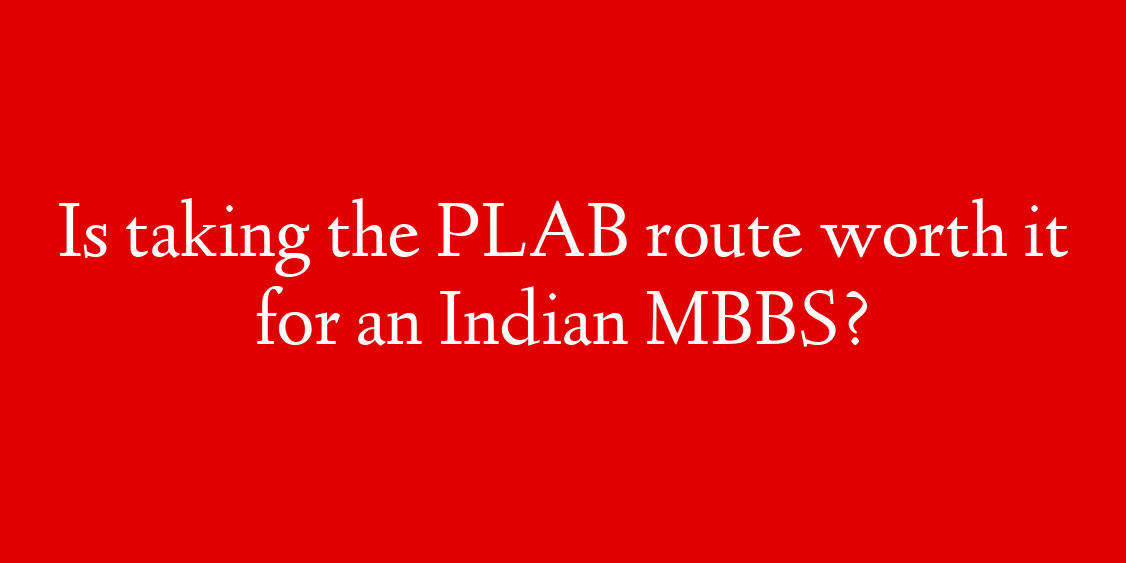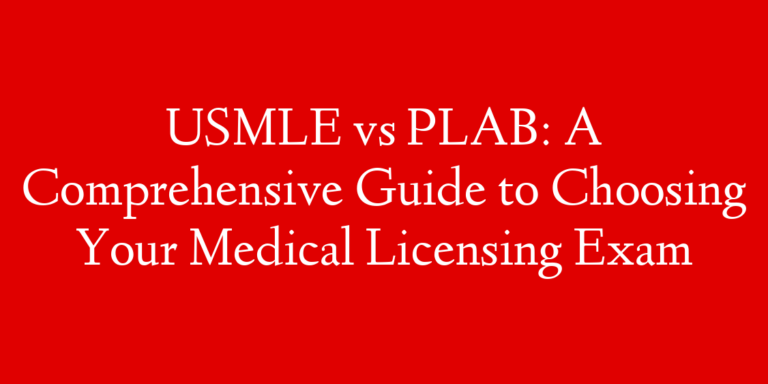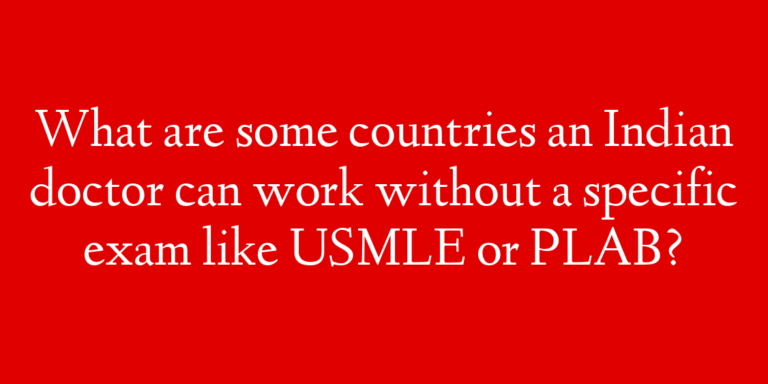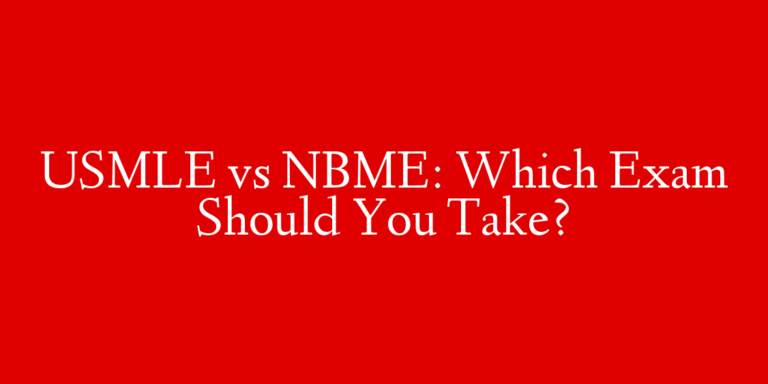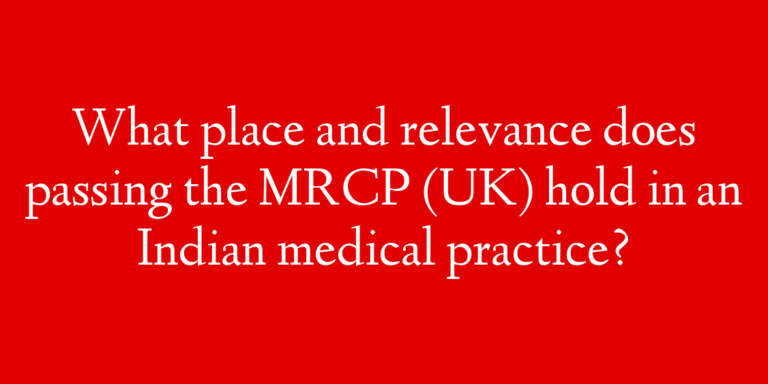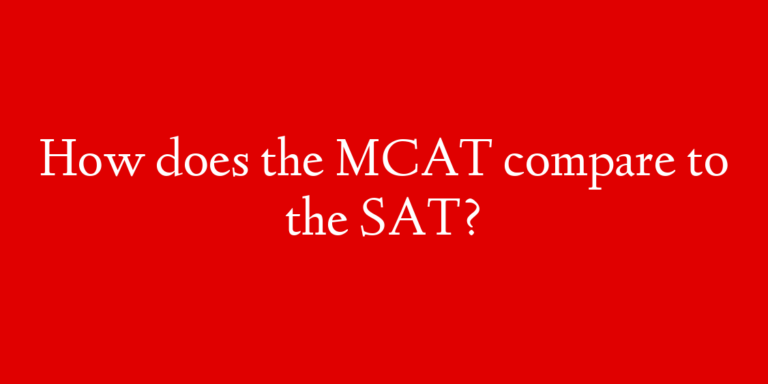Is taking the PLAB route worth it for an Indian MBBS?
If you are an Indian medical graduate and are looking to pursue your career as a doctor in the UK, you may have come across the Professional and Linguistic Assessments Board (PLAB) route. The PLAB is an assessment pathway that assesses the medical knowledge and clinical skills of international medical graduates (IMGs) who want to practice medicine in the UK.
The PLAB route can be an attractive option for Indian medical graduates, but it’s essential to understand the process, the costs involved, and the potential outcomes before making a decision. In this article, we will explore whether taking the PLAB route is worth it for Indian MBBS graduates and what factors to consider before embarking on this pathway.
What is the PLAB route, and how does it work?
The PLAB route is an assessment pathway that consists of two parts: PLAB 1 and PLAB 2. PLAB 1 is a computer-based exam that assesses the medical knowledge of candidates. It comprises of 180 multiple-choice questions and lasts for three hours. PLAB 2 is a practical exam that tests the clinical skills of candidates. It is a day-long assessment that involves seeing simulated patients and completing tasks that assess communication, clinical examination, and management.
The PLAB route is open to IMGs who have completed their medical degree and have at least 12 months of clinical experience. After passing both PLAB 1 and PLAB 2, candidates are eligible to apply for provisional registration with the General Medical Council (GMC), the regulatory body for doctors in the UK. After obtaining provisional registration, candidates can apply for training positions in the UK.
What are the benefits of the PLAB route for Indian MBBS graduates?
- Easier entry to the UK medical system Taking the PLAB route can be a more accessible option for Indian medical graduates to enter the UK medical system than other pathways, such as the Foundation Programme, which is highly competitive and requires a lot of experience.
- Lower cost compared to other options The PLAB route is also relatively affordable compared to other options, such as the Medical Training Initiative (MTI), which requires candidates to pay significant fees for training posts.
- Opportunity to gain valuable international experience Completing the PLAB route can also be an opportunity for Indian medical graduates to gain valuable international experience and enhance their clinical skills, which can be attractive to future employers.
What are the drawbacks of the PLAB route for Indian MBBS graduates?
- Limited job opportunities Although passing the PLAB exams makes you eligible for provisional registration, it does not guarantee you a job in the UK. The UK has a shortage of doctors, but job opportunities can still be limited, especially in highly competitive fields.
- Lack of structured training The PLAB route does not provide structured training like the Foundation Programme, which can be a disadvantage for candidates who need more support in their training.
- Language barrier The PLAB route also requires a high level of English language proficiency, which can be a challenge for some candidates.
FAQs:
Q1. How much does it cost to take the PLAB exams?
A: The cost of taking both PLAB 1 and PLAB 2 is around £1,600.
Q2. How long does it take to complete the PLAB route?
A: The time it takes to complete the PLAB route can vary depending on individual circumstances. Typically, candidates take around six months to a year to prepare and complete both PLAB 1 and PLAB 2.
